Learn more about how Matt Boulton and fellow student advocates contributed to current University policy on waste diversion at Northwestern.
Contributor Meadow Neubauer-Keyes recounts a transformative canoe journey through Northern Michigan that deepened her connection to Indigenous traditions and underscores the urgent need to prioritize Indigenous knowledge in protecting the Great Lakes and combating the climate crisis.
Chicago residents react to President Trump’s lifting of a plastic straw ban in federal buildings. The true impact of plastic straw use and how Chicagoland fights back.
Meet three people in diverse environmentally focused careers making a difference in their respective fields.
Plant Futures may be the newest club on Northwestern’s sustainability scene, but it’s already making big moves. See how founder and president Sam Rappin combines passion with profession to make a difference in the world of plant-based food.
Jade Sasser’s book provides a talking point for the inequalities wrapped up inside climate advocates’ population argument.
Feel your hay fever worsening when you’re on campus? Northwestern’s selective tree-planting practices may be to blame. Find out more about “botanical sexism” and what it means for urban environments.
How one Northwestern course offers students a chance to tap trees, collect sap and cook their own maple syrup.
During Earth Week, Northwestern’s environmental student organizations host a bevy of events to promote sustainability and mindfulness on campus. Although students can and do take action to reduce their individual footprints, corporations that drive systemic consumerism are the biggest players in the current climate crisis. By working together, we can confront large companies and bring about real change.
Editor Nicholas Rose explains the ins and outs of surfing the Lake, whether it comes to location, board or gear.
Writer Matthew Tuhey introduces Actions for the Earth, a new exhibit at Northwestern’s Block Museum of Art. The exhibit features a diverse collection of works centered around themes of ecology, community and awareness.
The 2021 Netflix documentary, Seaspiracy, follows director and narrator Ali Tabrizi as he explores suspicious and dangerous activity within the fishing industry firsthand. Ali Tabrizi’s Seaspiracy is a striking reminder to reconsider where our food originates, though the film’s execution may affect its accuracy.
In this piece, author Teagan LeVar explores the importance of emotional connections to nature through childhood memories of the Northwoods.
In this piece, author Teagan LeVar explores the importance of emotional connections to nature through childhood memories of the Northwoods.
I don’t have a favorite tree on campus, but I have sought to compile a list of ones that might end up being yours.
Small spaces, low funds, and no car. In this piece, the challenges of managing a sustainable closet are tackled, including advice on where to thrift and sell clothes.
Northwestern University is host to a litany of clubs dedicated to philanthropy or sustainability, but a rare few do both. The student-led Campus Kitchens is one of those few.
"The more sediment that we recover, the further back in time we can go…”
When it comes to environmental change, individual action just doesn’t cut it. Local Evanston groups focused on sustainability say that collective action is the way forward for addressing the climate concerns our communities, locally and at large, face.
Over the last 30 years, the Makah nation has been subjected to legal discrimination barring them from hunting gray whales in subsistence.
Whaling has always been an essential pillar of social stability for the Makah, so the criminalization of the practice deprives this community of a physical and spiritual need.
I believe there is a time and a place to appreciate how, for lack of a better term, cool certain animals are. To this end, I shall make the case for why the sperm whale is my favorite animal, in the hopes that you, dear reader, come away with a newfound sense of appreciation for these giants.
Koh Tao is an island in Thailand known for having the most diverse and abundant coral reefs in the Gulf of Thailand. However, the coral reefs of Koh Tao, like other reef systems in the world, are threatened by relentless climate change and ocean acidification. Annika Anandsongkit relays her volunteer work in Koh Tao building artificial reefs to combat ocean acidification and preserve reef biodiversity.
Centuries ago, much of Illinois was covered by a rich mosaic of foliage. Diverse assemblages of grasses and wildflowers, interspersed by the occasional tree, formed vast prairies and savannas. Unfortunately, this isn’t the case today. But, organizers and volunteers at the North Branch Restoration Project are helping reverse this damage and restoring Illinois’ natural biodiversity.
Fast fashion has a massive impact on the environment: it’s the second-largest use of the world’s water, produces 10% of all carbon emissions, and generates pollutants like microplastics. If you want to shop more sustainably, Hannah Dembosky lists out 8 clothing stores that prioritize the planet.
The Clark Street Beach Bird Sanctuary is a vital environmental preserve for local flora and fauna. Ginny Lee talks to the organization's leadership about the importance of this ecosystem and the importance of local volunteers.
Generally, plants sit still and metabolize sunlight, with some exceptions. Animals move around and eat food, with some exceptions. What if a creature could do parts of both? Max Bennett researches these multi-talented creatures that he has dubbed “plantimals”.
At a time when effective, low-carbon sources of energy are needed more than ever, one source of energy oftentimes remains shunned: nuclear fission, the black sheep of electricity generation. Is fission truly deserving of its unsavory reputation, or ought we to consider nuclear energy in the fight against a warming world?
Learn more about an effort at Northwestern University to increase composting, Cats Who Compost, in this article, how to begin your own composting, and where to drop it off!
Have you always wanted a little green friend for your dorm room or apartment, but don’t know how you can keep one alive when you can barely take care of yourself during midterms week? Northwestern sophomore Austin Li is what you may call an expert college-age plant owner, and he shared with ION his tips and tricks on how he grew his collection of house plants and kept them thriving.

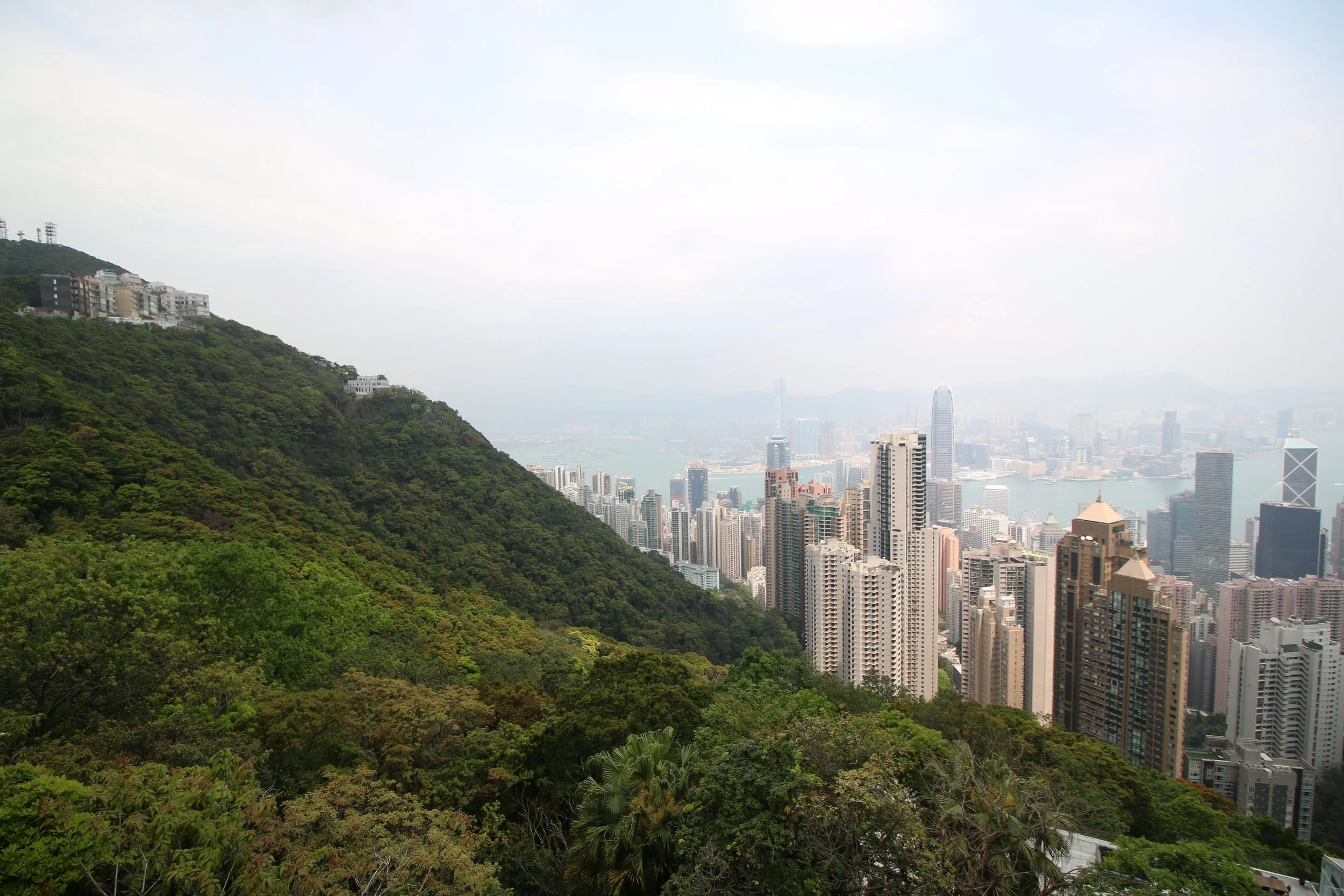
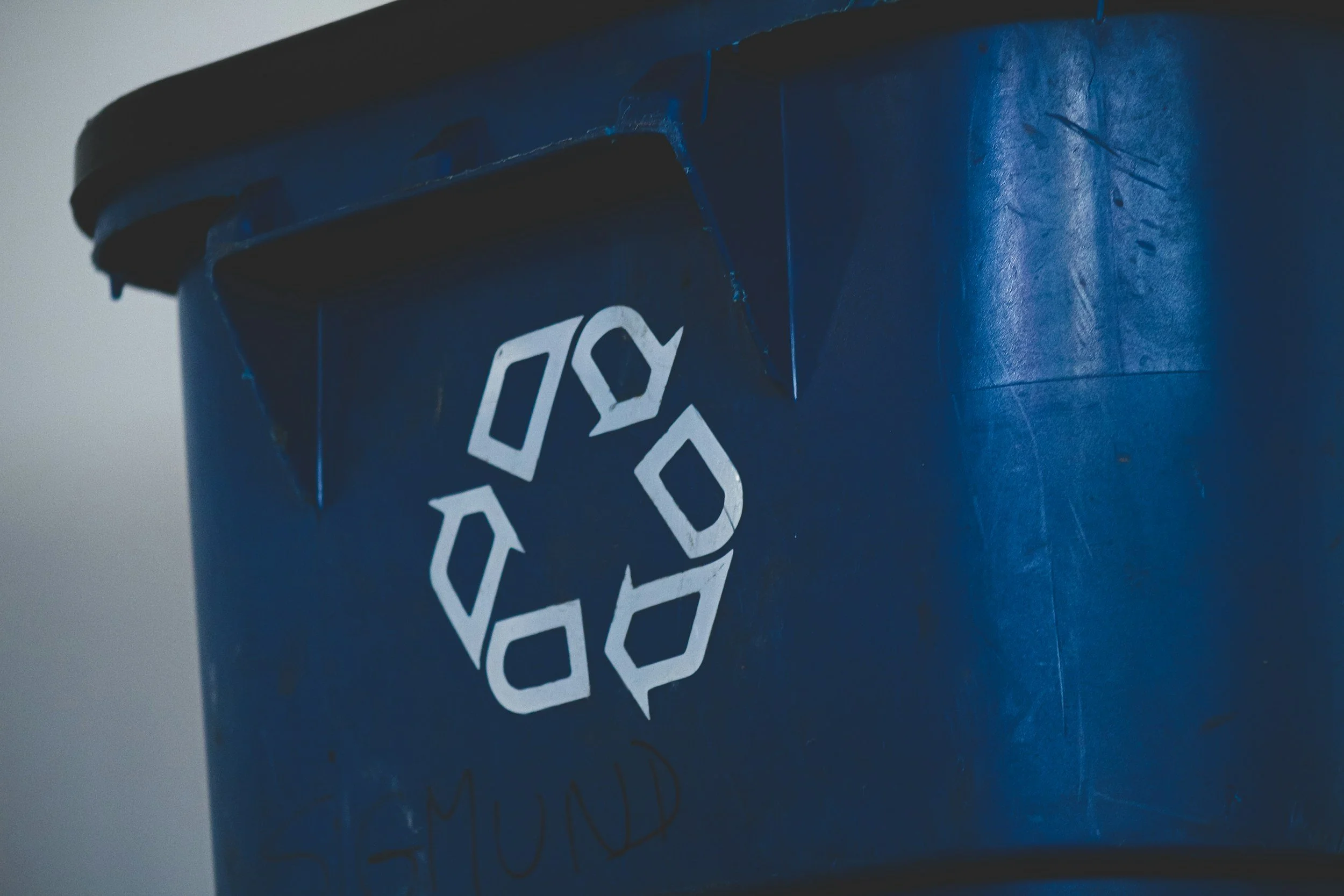


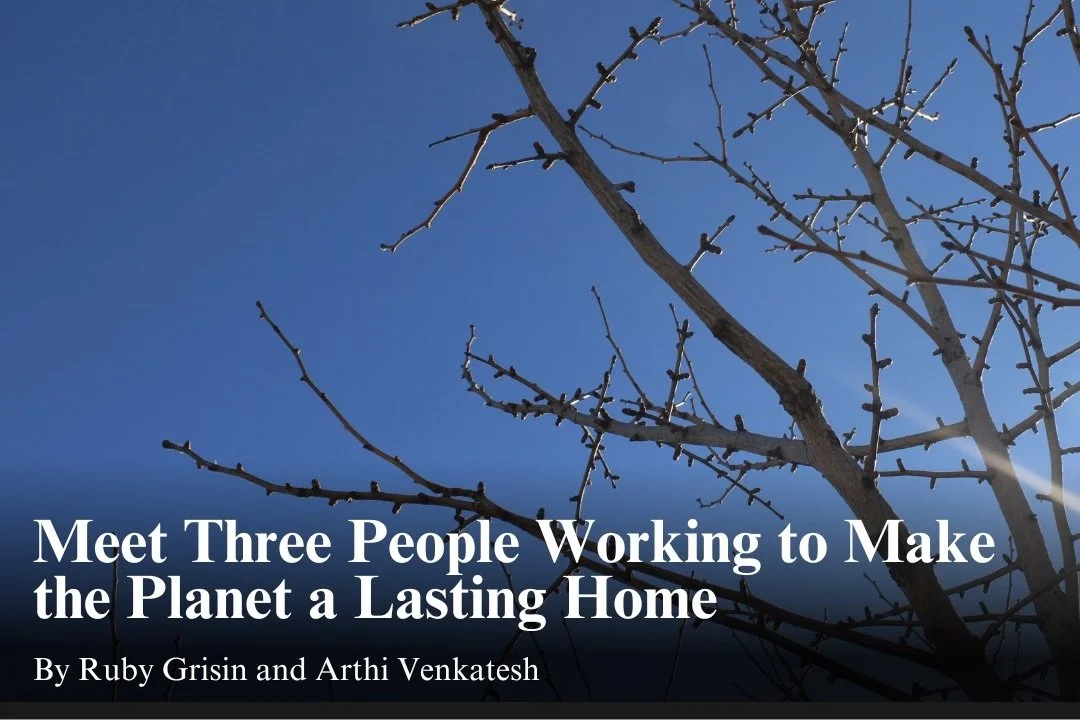


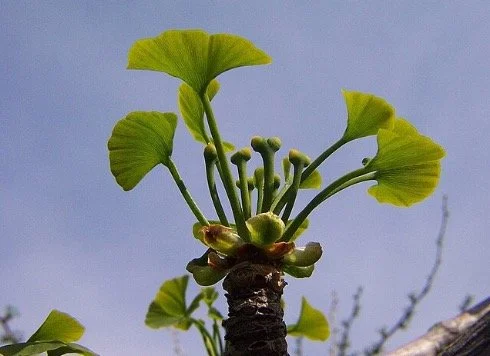







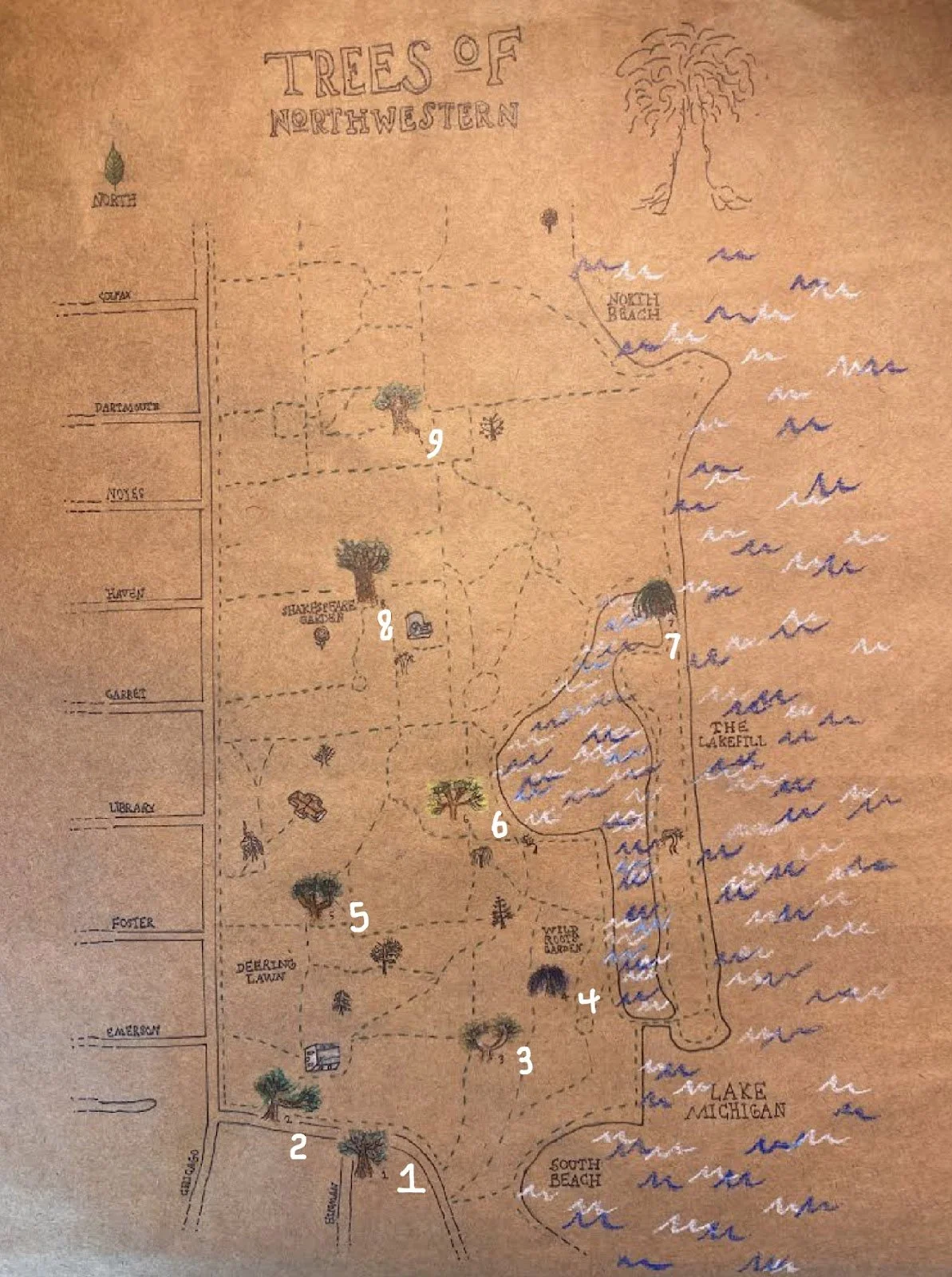













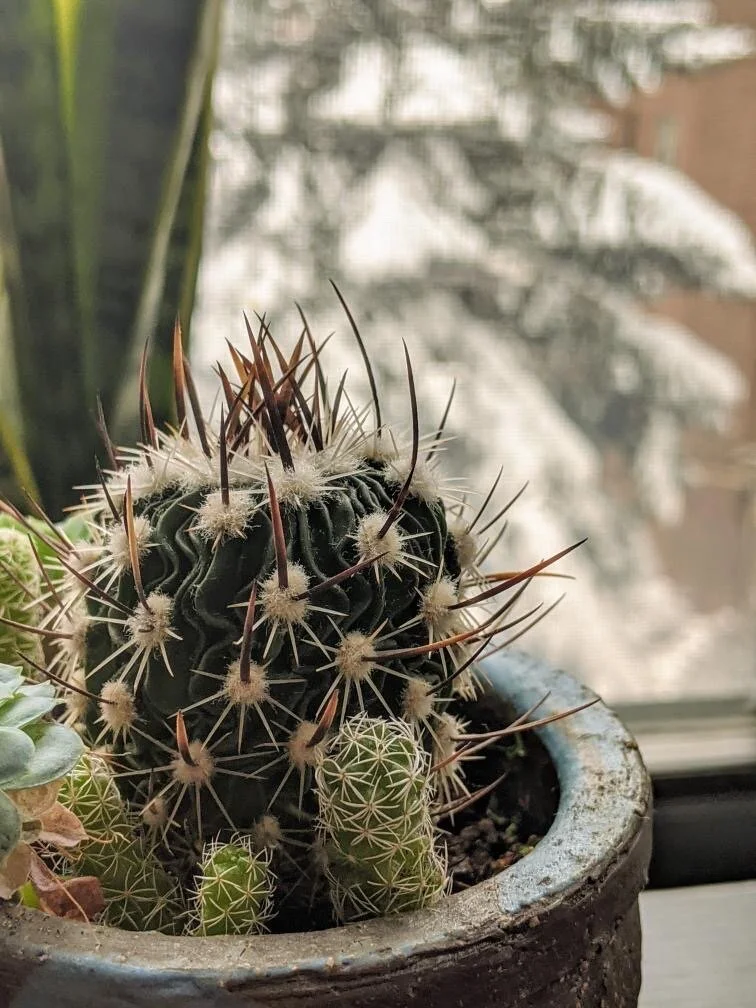
Learn more about how students can foster more sustainable habits on-campus from writer Coco Yang.